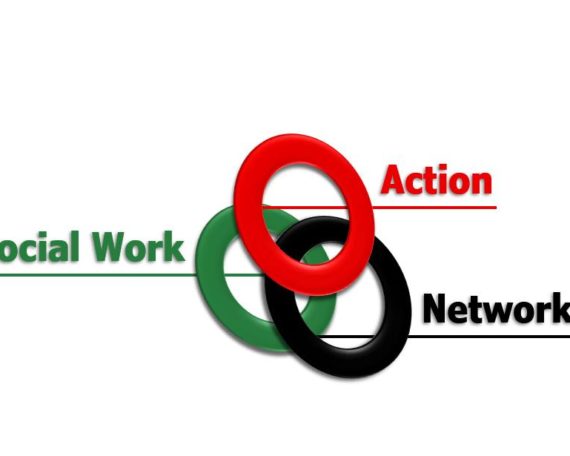Initially, I found the start of the demo to be frustrating. The more I listened to the speakers, the more I heard the voices of those whose lives hang in the balance because of our government’s complete disregard of their services and of their humanity. This ignited my desire to march and the frustration of having to wait grew unbearable. I did not want to march to make up numbers, I did not march for a day out. I wanted to march in the coldness, in the wet and in the wind because it was important to sacrifice comforts, to be able to share, to empathise and to unite with and on behalf of all those people who are kept at the bottom of our so called meritocratic ‘big society’.
Being at the demonstration meant I was part of the truth and not part of the government spin. Whilst I am privileged to be studying on a degree course, I believe the best teaching comes from those whose social status often prevents their voices being heard because they are never given a platform from which to speak. The demonstration was that platform and I listened, I really listened to what was being said.
 As I marched I was witness to anger from some, frustration from others and acknowledged a sense of loss, worry and an inherent desperation from those whose work in the public sector hangs in the balance, along with the support of those most in need in our country. The march may not yet have changed the government’s perspective, however, it made me think about those in history who have fought to change the consciousness of the oppressors. Their fights have been long, their battles painful, but they kept on marching. I am determined to carry those same principles. I march with my head high, my eyes forward and my voice heard, because my actions are for those who are being made voiceless. In my opinion, that is the heart and the true value of social work. I would even go as far to say that is the real vocation of every social worker.
As I marched I was witness to anger from some, frustration from others and acknowledged a sense of loss, worry and an inherent desperation from those whose work in the public sector hangs in the balance, along with the support of those most in need in our country. The march may not yet have changed the government’s perspective, however, it made me think about those in history who have fought to change the consciousness of the oppressors. Their fights have been long, their battles painful, but they kept on marching. I am determined to carry those same principles. I march with my head high, my eyes forward and my voice heard, because my actions are for those who are being made voiceless. In my opinion, that is the heart and the true value of social work. I would even go as far to say that is the real vocation of every social worker.
Catherine writes: As a student social worker, you feel invincible; when in class or when working alongside colleagues and service users. However, this feeling suddenly disappears when the reality of “the cuts” kick in. I have been left wondering what will happen to the occupation I have trained in, and what my role will be as a social worker under the coalition government.
In order not to be passive or accepting of future plans and to protect valued services I, along with 7,000 others, took to the streets of Birmingham. This was to demonstrate that we, as a collective, will resist the potentially disabling measures illustrated in the recent spending review.
The demonstration was an exciting and meaningful event. Those in attendance reflected the wide impact that the drastic economic measures will have on our communities. I felt I was part of something that is actively working towards the protection of our services and the most vulnerable in society. I was inspired by the range of speakers and it added to my own ever-increasing sense of hope that something could come from this.
However, beyond the speeches and imaginative chants from the crowd, I cannot help but think towards my own future as a qualified social worker. What is it that I can do, within the constraints imposed my potential employers, to resist the cuts? How can social workers facilitate change? Is it time for general strike action? These were some of the issues raised during the demonstration and only time will tell what will come from that day’s proceedings.
So, what was the result? Well as much as I would like to say dramatic changes have occurred, they have not. We still live in a country where the government’s actions will increase existing inequalities and where those on the margins of society will be negatively impacted on. What it did achieve, however, was to give individuals a sense of solidarity, a space to make their voice heard and discuss plans for further activism.

